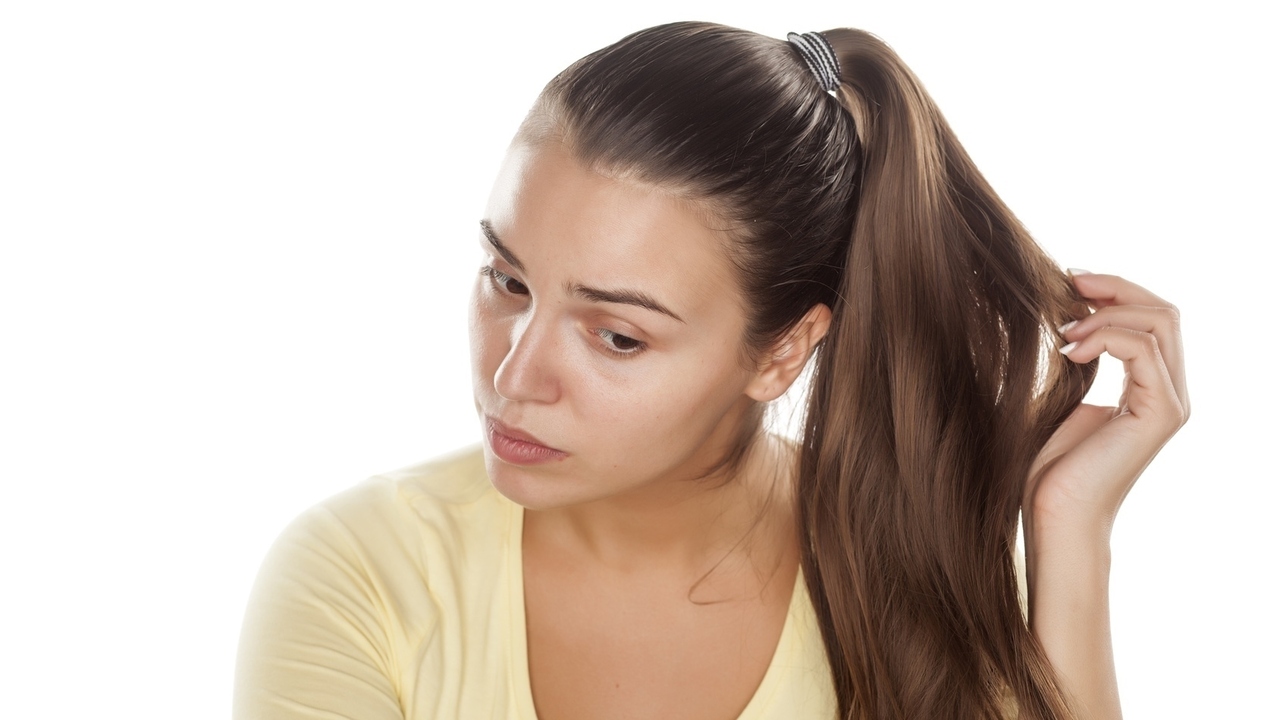 Photo: Getty Images
Photo: Getty Images
Women entering into menopause often report a significant change in their hair compared to when they were cycling regularly. They say the hair on their head is starting to thin or dry out, while the hair on their face is sprouting more often in areas such as their upper lip or chin. Neither change is any fun and often leads to frustration and embarrassment. In the March, 2011 British Journal of Dermatology, researchers looked at menopausal women 45 years an older of northern European descent and found hair changes to be very common.
The results showed 41 percent of women had hair loss in some form. Twenty-six percent experienced a more generalized "all over" hair loss while 9 percent had frontal or top of the scalp thinning. Increased hair dryness occurred in 35 percent.
All-over hair thinning significantly increased with age from 19 percent between the ages of 45-54 to 37 percent when 75 years or older. This shows a distinct progression from a few hairs to a lot of hairs as women get older.
What about hair on your face? In the study, 49 percent experienced increased facial hair with 39 percent of this group saying the hair was on the chin, 22 percent on the upper lip and 39 percent in both areas. Unlike hair loss on the head, hair growth on the face did not appear to increase with age.
Throughout the body, menopausal women also experienced loss of hair in their armpits, pubic area, and legs as they aged.
The aim of the study was not to determine the "why" but rather to demonstrate that hair changes are a common occurrence amongst menopausal women. However, they did suggest some theories as to why this does happen, including changes in estrogen levels (mainly a decrease), and response to androgens (testosterone and DHEA) in the skin on the face. They did not say whether addressing hormones would fix hair loss and gain as it appears to be a normal part of aging.
From a functional perspective, hair loss also occurs with big stress (and can take up to a year to grown back!), poor vitamin intake, unhealthy diets, over processing your hair, smoking, and medications (like certain acid blockers, gout treatment, fertility drugs, autoimmune treatments, birth control pills and blood thinners).
Certain conditions also cause hair loss such as thyroid issues (subclinical, hypo and hyperthyroid), diabetes/pre-diabetes, and iron deficiency anemia. Hair on the face is increased with polycystic ovarian syndrome and elevated androgens (testosterone and DHEA) so it’s important to thoroughly test for these problems.
If you are menopausal and experiencing these hair issues, know that you are not alone but it could be more than just your hormones. Talk with your health care provider about a thorough check-up in the bloodwork.
References:
Ali L, Wojnarowska F. Physiological Changes in Scalp, Facial and Body Hair after the Menopause. The British Journal of Dermatology. 2011;14(3):508-513.



